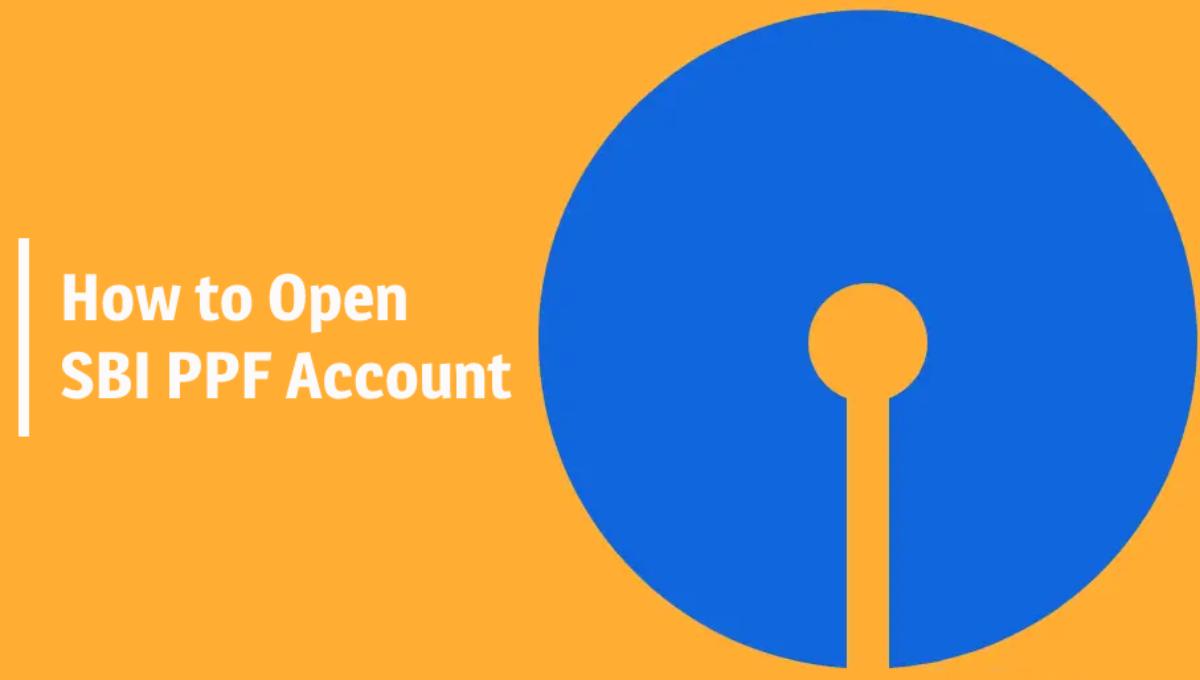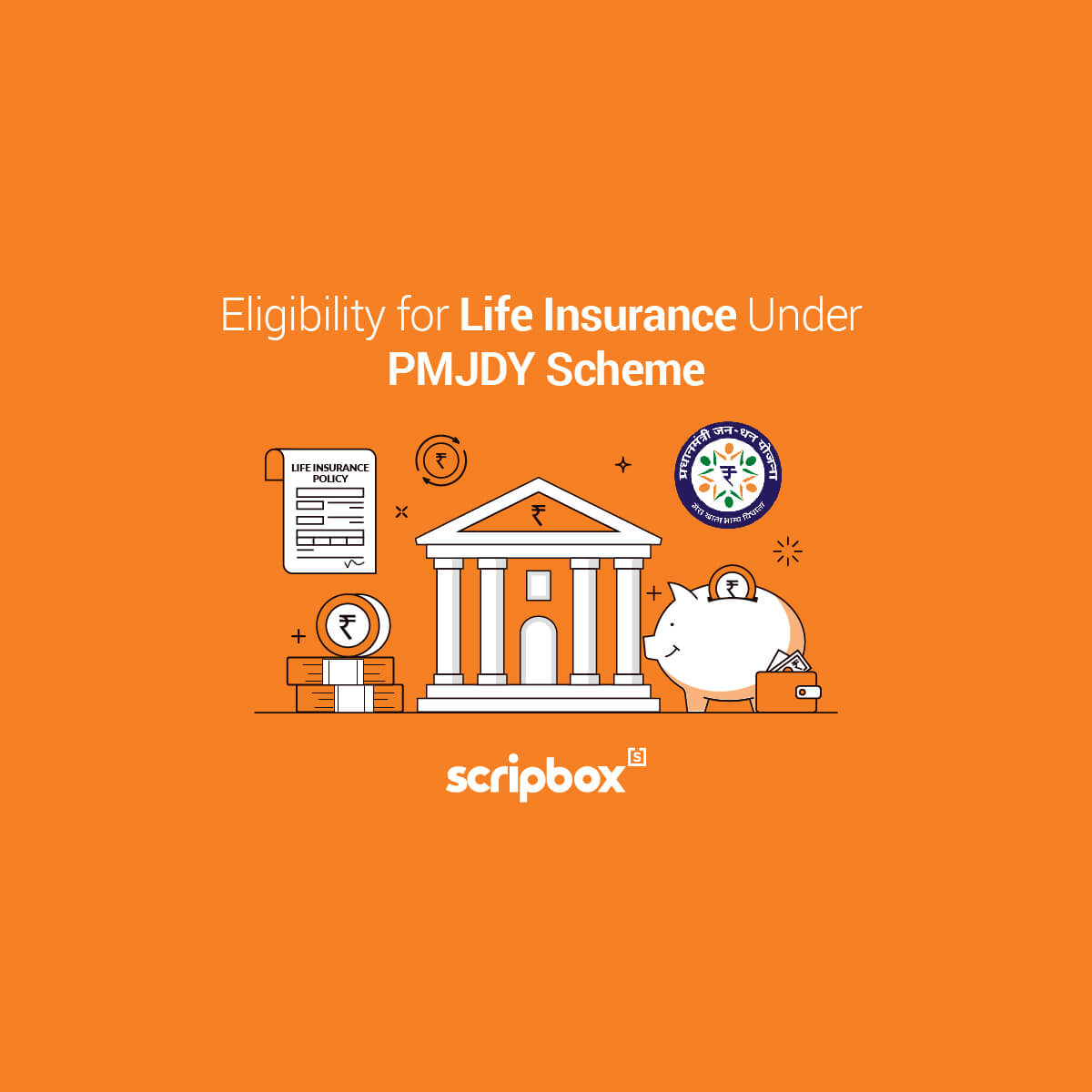What is Pradhan Mantri Kaushal Vikas Yojana?
The Pradhan Mantri Kaushal Vikas Yojana Scheme is the Ministry of Skill Development and Entrepreneurship (MSDE) flagship scheme. The PMKVY scheme is implemented by the National Skill Development Corporation. The goal of this Skill Certification Scheme is to allow a large number of Indian youth to participate in industry-relevant skill training that would help them secure a better living. The Recognition of Prior Learning program (RPL) evaluates and certifies individuals with prior learning experience or skills.
Components of Pradhan Mantri Kaushal Vikas Yojana
Short Term Training
The short term training is provided at the PMKVY Training Centres (TC). It intends to benefit the candidates who are either school/college dropouts or unemployed. TCs provide training in soft skills, entrepreneurship, financial literacy, and digital literacy in addition to the National Skills Qualification Framework (NSQF). Candidates receive placement assistance from Training Providers after passing the evaluation.
Recognition of Prior Learning
The RPL component of the plan assesses and certifies individuals with prior learning experience or skills. Project Implementing Agencies (PIAs), such as Sector Skill Councils (SSCs) or any other MSDE/NSDC-designated agency, are rewarded for implementing RPL projects. The implementation will be in any of the three models (RPL camps, RPL at the workplace, and RPL centers). To fill knowledge gaps, PIAs provide RPL candidates with bridging courses as well as training in soft skills, job role-related safety, and hygiene standards.
Special Projects
The Special Projects component of PMKVY envisions the creation of a platform that will facilitate training in special areas and/or premises of government agencies, corporations, and industry organisations. These special projects also cover training in special job roles not defined by the available Qualification Packs (QPs)/ National Occupational Standards (NOS). For each stakeholder, Special Projects necessitate some modification from PMKVY’s short-term training requirements. A proposed stakeholder can be an autonomous body/ statutory body of the federal or state governments, or any other analogous body or corporation that wants to train candidates.
Features of Pradhan Mantri Kaushal Vikas Yojana
- Encourage certification process standardisation and begin the process of building a skills registry.
- Enable and mobilize a significant number of Indian adolescents to participate in skill training. This will ensure that they can find work and earn a living.
- Increase the existing workforce’s productivity and connect training and certification to the country’s needs.
- Candidates who receive skill training from accredited institutions should be rewarded. The reward will be an average of Rs.8,000 (Rupees Eight Thousand) each candidate.
- At a cost of around Rs. 1,500 crore, helping 24 lakh young people is the aim.
Who is Eligible for PMKVY?
The following eligibility criterias are applicable for citizens of India:
- The applicant is a young person who is unemployed or has dropped out of school or college.
- The applicant must hold an Aadhaar card as well as an active bank account
- As an identity proof the applicant must provide identification documents such as PAN or a voter ID. These identification proofs are applicable only for the states of the NorthEast region. The residents of J&K need to provide additional IDs may be added from time to time)
- Fulfil additional requirements established by the SSCs for the various job positions
- Because PMKVY concentrates on school/ college dropouts, the scheme does not allow college students to enrol.
Pradhan Mantri Kaushal Vikas Yojana Registration Process
You can apply for the PMKVY scheme either online or offline. You can register online by visiting their official website. Alternatively, you can register by visiting the nearest Pradhan Mantri Kaushal Vikas Yojana Centres or Kendras. While visiting the Kendra you must carry your identity proof such as Aadhaar, PAN, or Voter ID. You must also provide the bank details and proof of any existing skill. After a detailed evaluation of your application, the training center will provide you with the most suitable training along with a training schedule. On completing the training, you will receive a certificate of completion.
What is PMKVY 3.0?
With learnings from PMKVY 2.0, the Central Government of India announced the launch of PMKVY 3.0. PMKVY 2.0 is based on the lessons learned from PMKVY 2.0. The intent is to realign the scheme to be in sync with the current context of policy changes and shifting priorities in various industries. The implementation of the scheme is in the following two stages:
Phase 1 – PMKVY 3.0, will be deployed on a pilot basis in 2020-21. (2020-21).
Phase 2 – The project will begin developing an implementation framework for the scheme’s second phase (2021-2026).
PMKVY 3.0 (2020-21) has moved its focus from a supply-based to a demand-based approach. Following the disruption caused by COVID-19 and the resulting impact on livelihood, the scheme (PMKVY 3.0) will place a strong emphasis on upskilling/ reskilling. With a focus on future skills (industry 4.0), the scheme provides courses to boost existing workforce productivity and provide online/digital mode of training to reach a wider audience.
Objectives of PMKVY
The following are the objectives of PMKVY.
- Create an environment that allows adolescents to make informed decisions about their skilling options.
- Assist young people in obtaining skill training and certification.
- Promote long-term Skill Centers to encourage private sector participation.
- Over the course of the scheme, 8 lakh young people will benefit (2020-21).
Implementation Structure
The scheme has the following two components:
- Centrally Sponsored Centrally Managed (CSCM) known as the Central Component to be implemented by the National Skill Development Corporation (NSDC).
- Centrally Sponsored State Managed (CSSM) known as the State Component to be implemented by the State Skill Development Missions (SSDMs) / respective Departments of the States / UTs.
The scheme’s total aim will be distributed around 75:25 between the Central and State Components, respectively. States that have performed well and are willing to take on larger ambitions, on the other hand, will be assigned proportionally based on their performance.
The scheme’s Steering Committee is empowered to make suitable judgments on dynamic target fixation without compromising the total financial outlay. If the situation permits, the Steering Committee can reallocate the objective under the CSCM / CSSM component at any time in any reasonable ratio. This will encourage states to compete in order to effectively implement the government’s Skill India programs.
Mode of Training
PMKVY 3.0 adopts the following modes of training:
- 100% classroom-based approach: Both theory and practical sessions will be held at PMKVY 3.0 accredited Training Centers.
- Blended approach: The theory portion of the course may be provided through digital / online method, with the practical portion taking place at the linked Training Centre, utilizing physical training infrastructure.
Features of PMKVY 3.0
- The system will be in line with the National Skill Qualification Framework and Common Cost Norms (NSQF). The changes will take effect after they have been approved by the scheme’s Steering Committee.
- Payment to Training Providers will be made in three installments: 30% on the start of training batches, 40% on successful certification, and 30% on placement verification, subject to changes by the Common Cost Norms Committee. Other benefits, such as boarding and housing, post-placement help, transportation, and other assistance, will be based on Common Cost Norms.
- A candidate may enroll in PMKVY training no more than twice in the same sector (the second time for a higher NSQF aligned job role only). Further, you can apply for a new training of a different course in the scheme, after six months from the certification date of the first course to the batch start date of the subsequent course. Payouts against such candidates (which include payouts to applicants, PIAs, and SSCs) will only be made for enrolling. However, there will be two employment roles only.
- At NSDC, a unique research cell is available to ensure that demand and supply are constantly aligned. This research cell will strengthen the Aatmanirbhar Skilled Employee-Employer Mapping (ASEEM) portal.
- SSCs or other appropriate institutions will establish Centres of Excellence (CoE). Such centres will serve as the sector’s master training and resource center. Each sector will have at least one CoE, according to the plan.
- In addition, in collaboration with the Ministry of Education, a phased introduction of vocational courses in schools will be implemented. This component will be implemented in grades 9 through 12, with the goal of exposing students to skill development opportunities for vocational training positions.
- MSDE will engage with Central Ministries and State Governments to have NSQF certification recognized as a pre-requisite for contractual employee employment, as well as requiring vendors and contractors to hire NSQF qualified workers as part of their contract.
Administrative Structure of PMKVY 3.0
Steering Committee
MSDE shall establish a Steering Committee at the apex level for broad policy direction, operational guidelines, and dynamic target fixation. The MSDE shall do so with corresponding reallocation of funds between CSCM and CSSM and between STT, RPL, and Special Projects. Such reallocation of funds will be beyond the powers of the Executive Committee, periodic review, monitoring, and mid-course correction.
Executive Committee
An Executive Committee will be formed to oversee the scheme’s regular operation, recommend any policy or operational changes to the Steering Committee. The aim is to improve the implementation of PMKVY 3.0, review and approve proposals in accordance with the guidelines. Moreover, the committee is responsible to perform any other duties as deemed appropriate by the Steering Committee.
Composition of Steering Committee and Executive Committee
The Secretary, MSDE, will chair the Steering Committee. MSDE’s Additional or Joint Secretary will head the Executive Committee. Annexure 2 lists the detailed compositions of both committees.
Convergence of PMKVY 3.0
PMKVY 3.0 (2020-21) aims for incremental convergence with other skill development programs of all Central Ministries and States / UTs. The goal is to eliminate duplication, lack of standardisation, and variable enrolment and training requirements. This convergence of PMKVY 3.0 may happen in the following way:
Phase 1: NSQF alignment of over 3,000 job roles, Common Cost Norms implementation, and NCVET development of an uniform regulator. This is a continuing and crucial process.
Phase 2: Skill India Portal (SIP)-based creation of a shared database. Creation of a SIP based quality regulation of Training Centers (TCs). SIP based accreditation and certification, and connection with the State Management Information System (MIS). Integration of the Application Programming Interface (API) with the National Council of Vocational Training’s MIS portal and Apprenticeship Portal is also required.
Phase 3: Begin using the Skill India Portal to identify trainees based on their Aadhaar numbers for all skilling initiatives. Furthermore, for skilling programs under Central Ministries, registration, selection, and enrolment will be done through a single portal / app.
Discover More
- Pradhan Mantri Jan Arogya Yojana (PMJAY)
- Pradhan Mantri Vaya Vandana Yojana (PMVVY)
- Pradhan Mantri Suraksha Bima Yojana
- Saksham Yuva Yojana
- Samarth Scheme
- PMMVY
- Pradhan Mantri Awas Yojana (PMAY)
- PM Kisan Samman Nidhi Yojana
- Pradhan Mantri Kaushal Vikas Yojana (PMKVY)
- Pradhan Mantri Jeevan Jyoti Bima Yojana
- Multiplier Grants Scheme
- Ujala Scheme
- Pradhan Mantri Jan Dhan Yojana (PMJDY)
- Atal Pension Yojana (APY)
- Pradhan Mantri Shram Yogi Mandhan
- DDU-GKY
- Startup India Scheme
- Antyodaya Anna Yojana (AAY)
- Pradhan Mantri Adarsh Gram Yojana
- Aspire Scheme
- Pradhan Mantri Ujjwala Yojana (PMUY)
- Credit Guarantee Scheme For Startups
- Startup India Seed Fund Scheme
- Pradhan Mantri Yuva Yojana (PMYY)
- Pradhan Mantri Kaushal Kendra (PMKK)
- Stand Up India Scheme
- ECLGS Scheme
- Unnat Bharat Abhiyan
- Digital India Scheme
- Sankalp Scheme
- Samagra Shiksha
- Skill India
- Deen Dayal Upadhyaya Antyodaya Yojana (DAY)
- Credit Guarantee Scheme for MSE (CGSMSE)
- What is Pradhan Mantri Kaushal Vikas Yojana?
- Components of Pradhan Mantri Kaushal Vikas Yojana
- Features of Pradhan Mantri Kaushal Vikas Yojana
- Who is Eligible for PMKVY?
- Pradhan Mantri Kaushal Vikas Yojana Registration Process
- What is PMKVY 3.0?
- Objectives of PMKVY
- Implementation Structure
- Mode of Training
- Features of PMKVY 3.0
- Administrative Structure of PMKVY 3.0
- Convergence of PMKVY 3.0




























Show comments